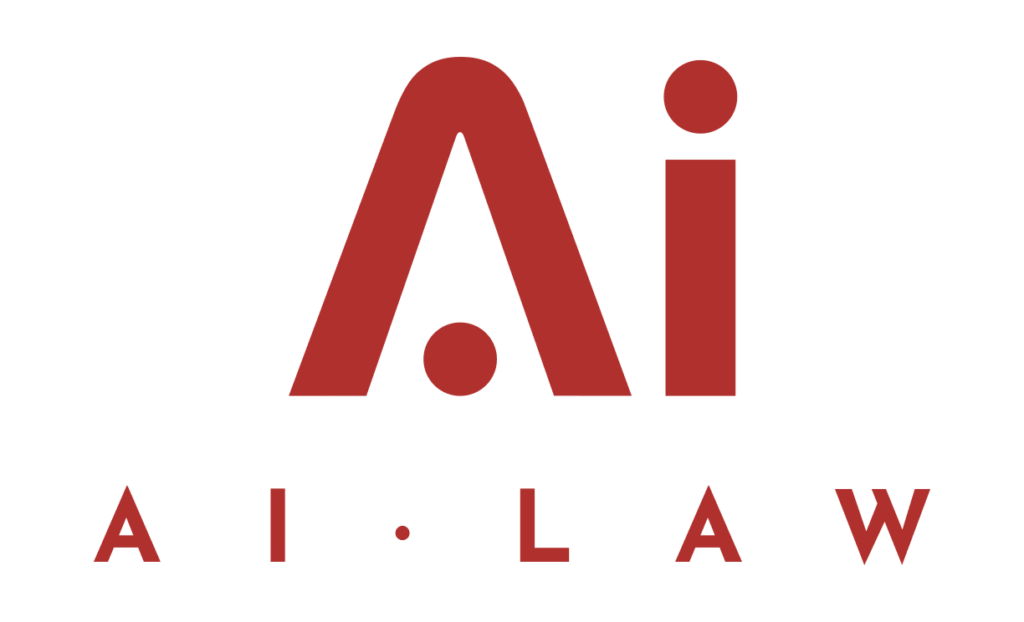In recent years, social media influencers have emerged as powerful figures in marketing, wielding immense influence over consumer behaviour. However, with this power comes great responsibility—and potential legal pitfalls. A recent case involving several prominent reality TV stars highlights the risks influencers face when promoting financial products or investments that may not comply with regulatory standards. In this article, Ai Law explores the key risks influencers encounter when promoting products, and how they could be held personally liable.
Recent Caselaw Offers a Cautionary Tale
This year, former Love Island contestant Eva Zapico, along with other reality stars like Lauren Goodger from The Only Way Is Essex, faced charges for allegedly promoting an unauthorised investment scheme on their social media platforms. They were accused of promoting a high-risk investment product known as Contracts for Difference (CFDs) to their followers without the required authorisation from the UK’s Financial Conduct Authority (FCA). CFDs allow individuals to speculate on the price movement of financial assets without actually owning the assets themselves. The FCA considers CFDs to be high-risk, with about 80% of those who invest in them losing money
Zapico and her co-defendants were reportedly paid to endorse these investments to their vast following via Instagram. However, the endorsement of such financial products without proper regulatory approval is a serious offence under UK law. If convicted, they could face up to two years in prison.
Top Legal Risks
This case highlights several legal risks that influencers face when endorsing products, particularly in the financial sector.
- Unlawful promotion of financial products: The Financial Services and Markets Act 2000 (FSMA) is a key piece of legislation governing the promotion of financial services in the UK. Under this law, any individual or entity promoting financial products or services must be authorised by the FCA. In the Zapico case, the influencers allegedly breached this rule by promoting investments without the necessary permissions. Even if an influencer is not directly involved in providing financial advice, simply endorsing such products on social media can lead to significant legal consequences if they do not comply with the FSMA.
- Misleading advertising: Influencers are bound by advertising regulations that require transparency, especially when it comes to paid promotions. Under the UK’s Advertising Standards Authority (ASA) guidelines, influencers must clearly indicate when a post is sponsored or if they have been paid to promote a product. Failure to do so can result in penalties for misleading advertising, which applies to all industries, not just finance. Misleading or unqualified endorsements can expose influencers to liability if consumers are misled into making poor financial decisions. The ASA The UK Code of Non-broadcast Advertising and Direct & Promotional Marketing (CAP Code) guidelines are vast – and govern everything from prize draws and giveaways to advertising to children and promoting medicines: https://www.asa.org.uk/codes-and-rulings/advertising-codes/non-broadcast-code.html
- Personal liability: Perhaps most alarming for influencers is the risk of personal liability. In cases like Zapico’s, where influencers promote high-risk investments without proper authorisation, they could be held personally accountable for any losses incurred by their followers. This personal liability extends to both civil and criminal penalties, depending on the severity of the offence. Civil claims could arise from followers who lose money, while criminal charges, such as those faced by Zapico, could lead to imprisonment.
- Infringement of intellectual property: Influencers face significant risks related to the infringement of intellectual property rights when promoting products or content on their platforms. One common issue arises when influencers use copyrighted materials—such as music, images, logos, or brand names—without obtaining the proper permissions or licenses. This can expose them to legal action from the rights holders, leading to claims for damages or injunctions to cease the unauthorized use. For instance, if an influencer uses a brand’s logo in a post without consent, the brand could sue for trademark infringement. Additionally, reposting copyrighted content, such as another artist’s photography or video, without proper credit or rights clearance, could lead to costly litigation.
- Reputational damage: Beyond legal ramifications, influencers face significant reputational damage when caught in such scandals. This can affect their career prospects, future partnerships, and public trust. In the fast-paced world of social media, maintaining credibility is crucial, and involvement in dubious promotions can result in lasting reputational harm.
Best Practices for Influencers
To avoid the above highlighted risks, influencers should take the following steps:
- Always verify whether the product you’re promoting requires FCA authorisation or other regulatory approval, especially in high-risk areas like finance, healthcare, or investments.
- Clearly disclose any paid promotions to avoid misleading your audience. This not only builds trust but also keeps you on the right side of advertising laws.
- Before promoting complex products, especially in the financial or investment sectors, consult with a legal expert to ensure compliance with all relevant laws and regulations.
- Never promote a product that you do not fully understand or would not personally endorse, especially when your endorsement could result in financial losses for your followers.
- Obtain proper licenses and permissions before using any copyrighted material, such as music, images, or trademarks, in your posts. This can be done by reaching out to the content owner directly for permission or by using licensed content from reputable platforms that offer royalty-free media. Additionally, influencers should always credit the original creators when applicable and avoid using logos or trademarks without explicit approval to ensure they comply with UK intellectual property laws.
The case involving Eva Zapico and others serves as a cautionary tale for influencers everywhere. Legal compliance is essential, and the stakes are high—both in terms of potential penalties and the long-term impact on an influencer’s reputation and career. Ai Law work closely with high-profile influencers and their agents to guarantee compliance with this complex area of law, so you can focus on what you enjoy doing most.
Contact Ai Law Today
Contact Ai Law today to learn more about how we can assist you.

